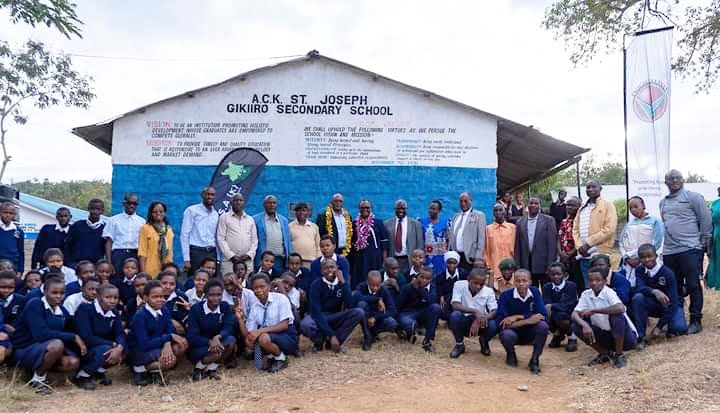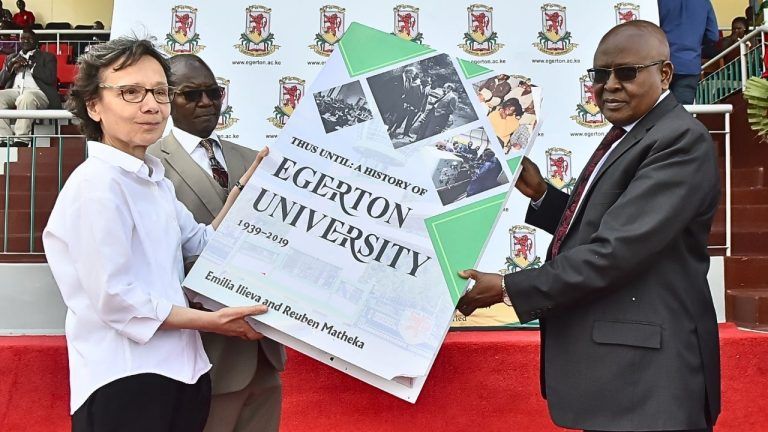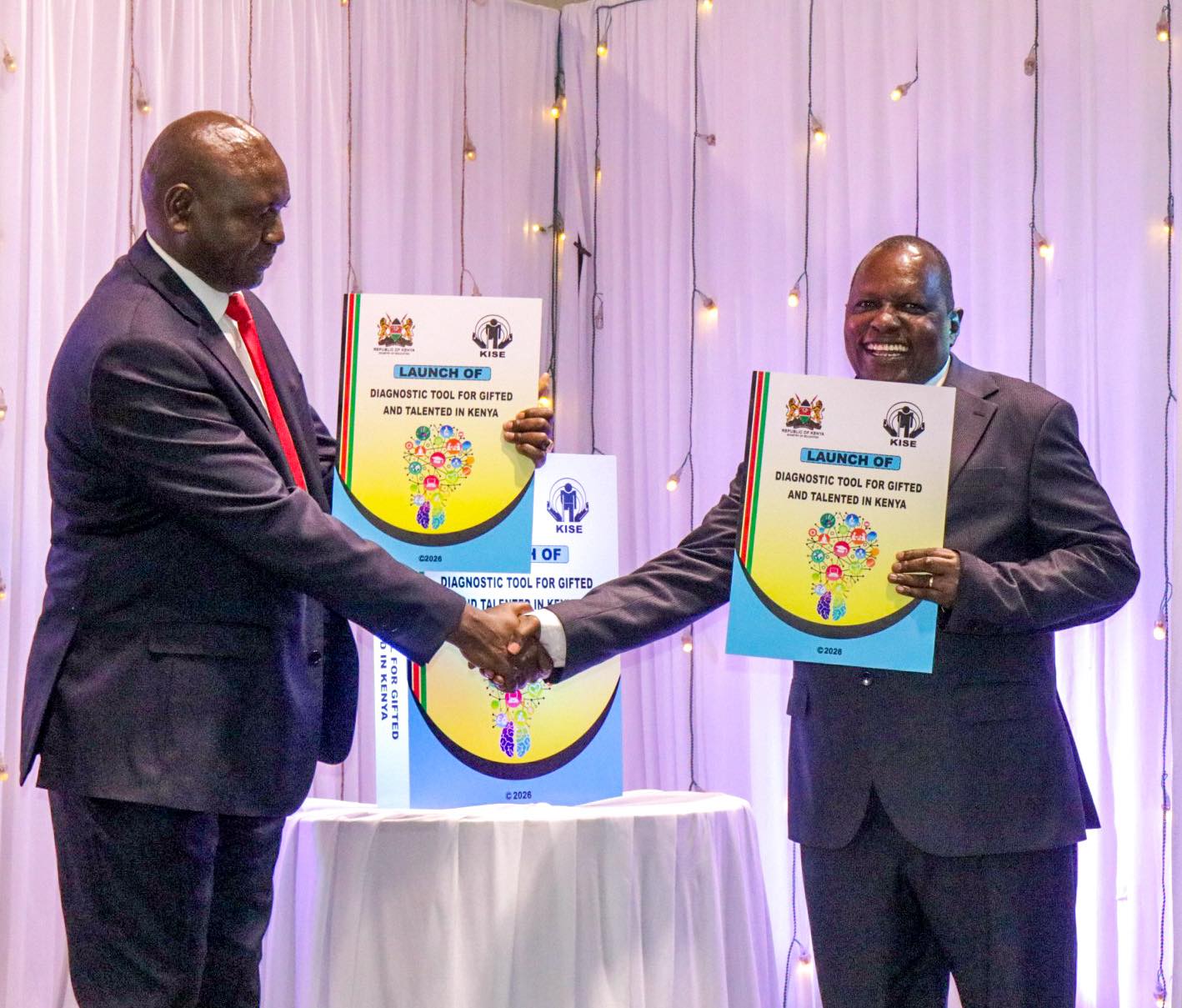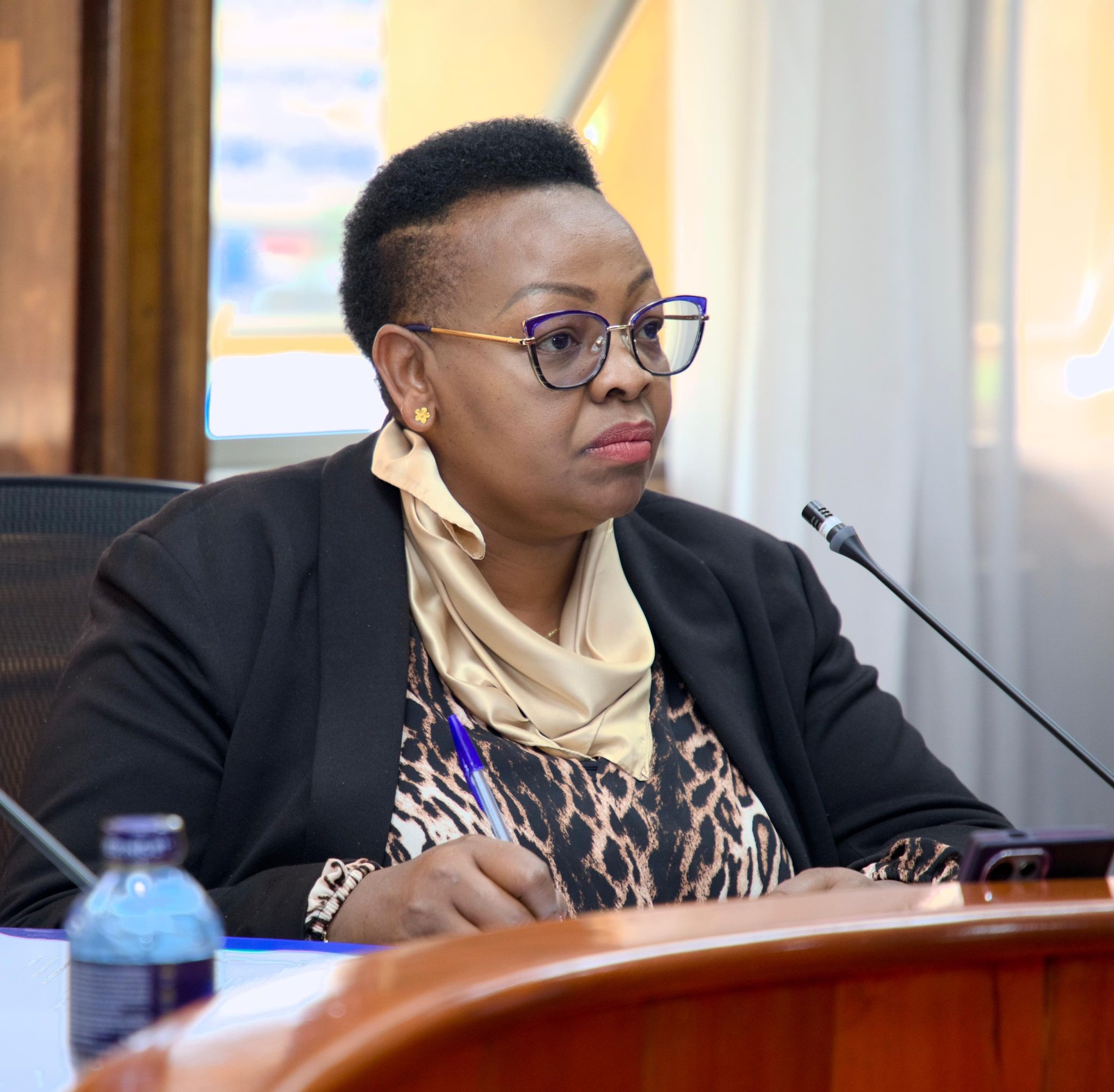By Musyoka Kaleti
Gikiiro Secondary School in the semi-arid Mbeere region was on the verge of closing down, until Mbeere South Constituency MP Geoffrey King’ang’i stepped in after realizing the danger that was posed by the dwindling population.
The school had adversely been affected by muguka growing, which is a major cash crop cultivated by many locals in this area to stake a living.
Many students had preferred farming the stimulant as they did not see the need for education, what with the constant flow of money into their pockets from the various activities relating to the crop.
Teachers in the school had little to do since classes were virtually empty, with only 25 students in the entire school.
The school that started about 5 years ago is located about 10 kilometres from Kiritiri market, one of the biggest muguka markets in Embu County.
“This school is not new but there was time it almost closed. It had very few students as both parents and students did not see the importance of going to school, then the ministry was actually between a rock and hard place whether to close the school or let it take its course,” said a Gikiiro resident.
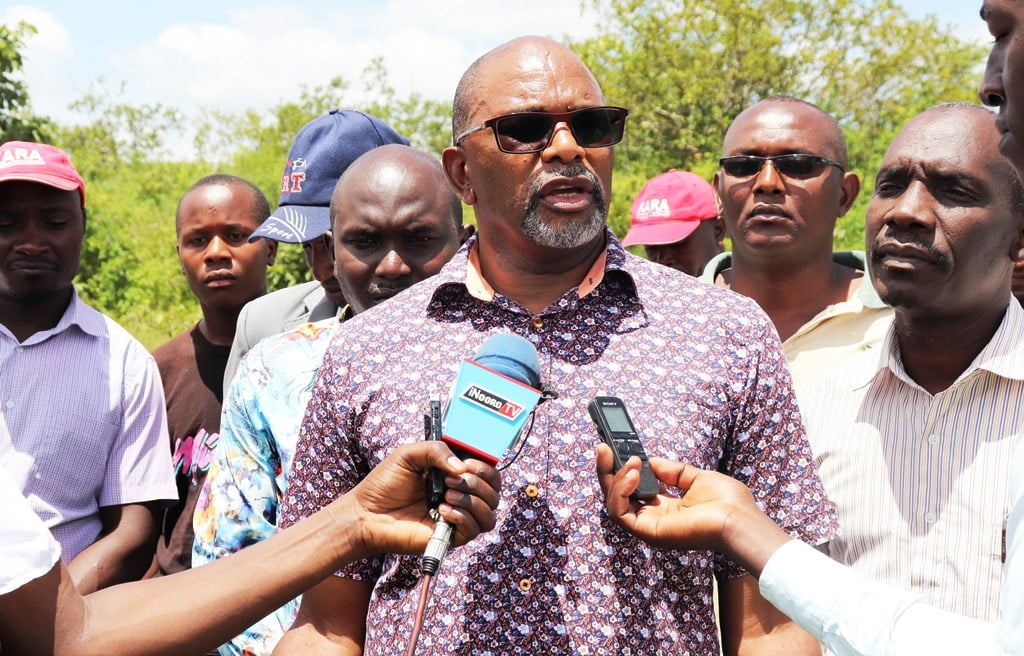
The MP took charge, calling several stakeholder meetings to discuss how they would save it from imminent closure.
They eventually agreed that there was need to mobilize the community by first making them understand that it was their school and the responsibility of keeping it on its feet squarely rested with them.
“I can say things have changed as the community has accepted and brought their students back to the school ever since we intervened,” said King’ang’i.
The MP also increased the bursary allocations as a way of motivating them and encouraging others from outside the area to join.
Another step taken was to improve the school infrastructure where several classes and a modern dining hall were built to create ambience and a good impression.
The number kept on increasing with time. There are now about 100 students while many are expected to join in the next intake.
Mbeere South Director of Education Grace Karimi noted that it reached a time when the government considered closing the school.
“Teachers were being paid for no work done. It was a dilemma that could not go on forever. Fortunately the meetings started producing fruit,” said Karimi.
Karimi said that muguka business in Mbeere region has highly affected education, urging the stakeholders to ensure they do not fall into the same trap again.
She said some students had been waking up very early in the morning to harvest muguka before going to school, demonstrating how learning had been relegated to the periphery.
“You find students dozing in class because their parents woke them up early to harvest miraa before going to school,” said Karimi.
Stakeholders are now optimistic of more students, saying it is time to fully support the school so that in years to come it can be the region’s centre of excellence.


